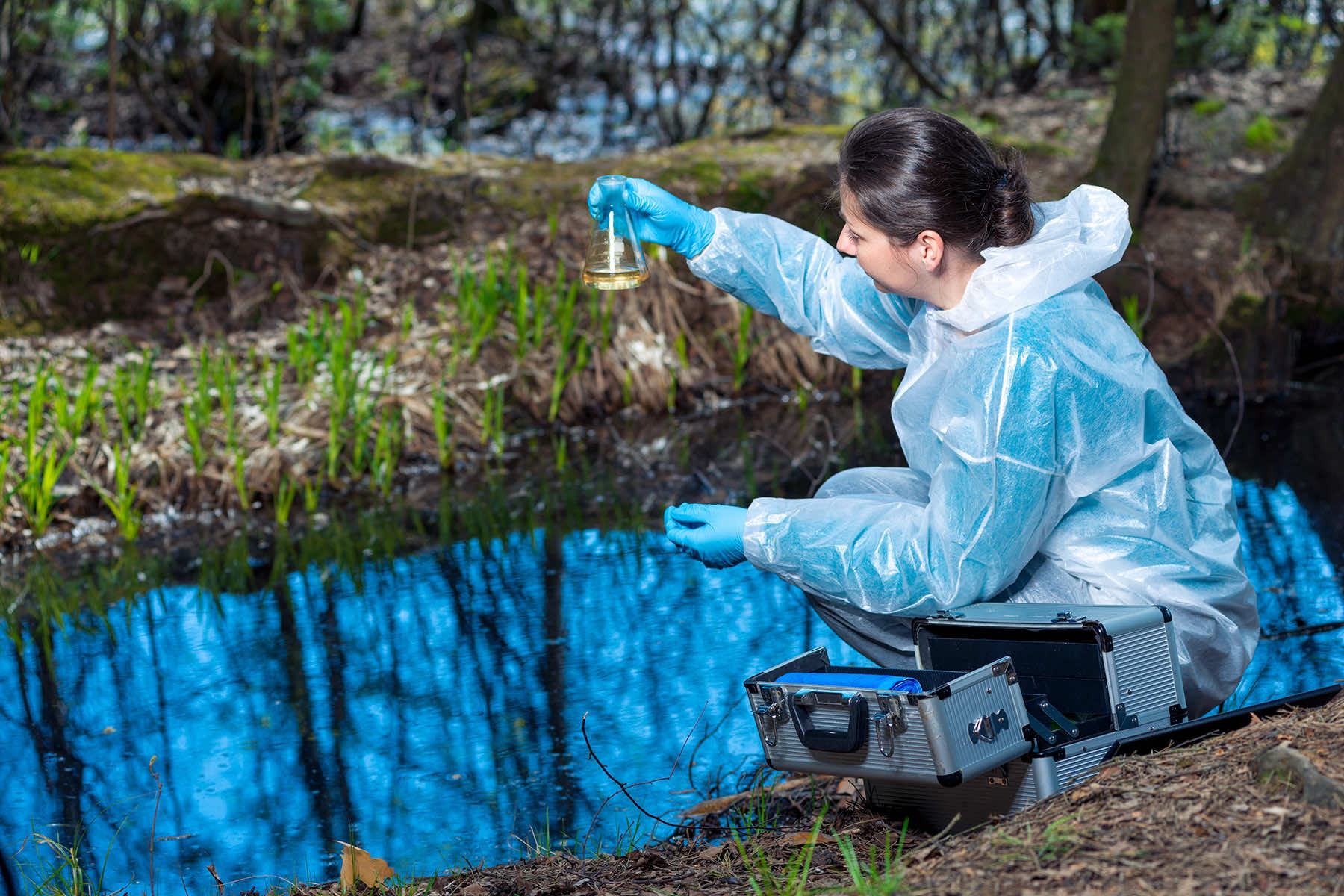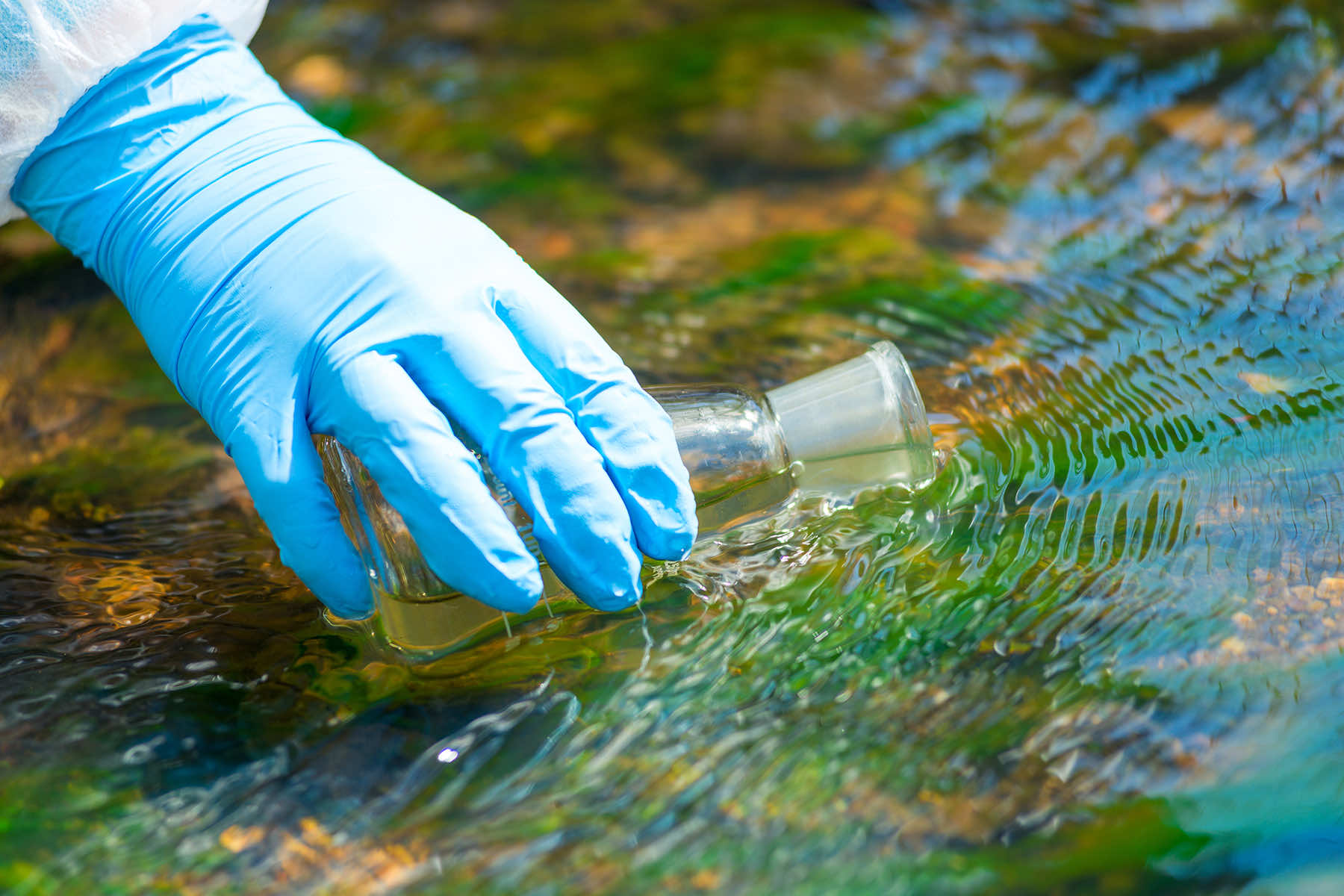
Wisconsin’s natural resources board on voted unanimously on December 14to proceed with regulating so-called forever chemicals in the state’s groundwater, 10 months after a plan was scrapped under pressure from the state’s powerful business industry.
The vote to move ahead with developing limits on four types of Perfluoroalkyl and Polyfluoroalkyl substances, more commonly known as PFAS chemicals, came after the board in February adopted standards for surface and drinking water. Those went into effect in June.
Environmental groups and residents affected by PFAS contamination spoke on December 14 in favor of moving ahead with adopting the standards. No one spoke against it.
“We have been living on bottled water for drinking and cooking for five years now,” said Jeffrey LaMont, who lives in a contaminated area in Peshtigo and represents a group called Save Our H2O.
Groundwater is the source of drinking water for about two-thirds of Wisconsin residents. The regulations would pertain to private water wells.
The rule would provide a marker to determine whether the water is safe or not to prevent further pollution, but would not actually fix the problem, members of the Wisconsin Department of Natural Resources board said.
“We may be overselling this a little bit, that this is the solution to the whole problem,” said board chairman Greg Kazmierski. “I don’t believe this rule is and I don’t want the public to move away with that assumption.”
The board killed proposed PFAS limits in groundwater in February amid concerns about the cost to paper mills and other businesses, wastewater plants and others for drilling new wells and installing treatment systems.
Revisiting the issue nearly a year later, the Natural Resources Board on December 14 voted to proceed with the groundwater standards. The vote allows the department to propose a standard, which would then go through a process that could take two years or more to gather feedback and make changes before adoption.
Final rules are subject to approval by the governor, the Natural Resources Board and the Legislature. Democratic Governor Tony Evers has been pushing for PFAS chemical regulation since he took office three years ago.
Officials with the Department of Natural Resources said they wanted to wanted to establish groundwater standards after the U.S. Environmental Protection Agency issued health advisories in June recommending standards ranging from 0.004 parts per trillion to 2,000 parts per trillion depending on each substance.
The groundwater limits that were rejected in February would have set a standard of 20 parts per trillion for two chemicals in groundwater, as well as a preventive action limit of 2 parts per trillion. That level is used to trigger actions to prevent further contamination.
Approval to move ahead with the process will allow state regulators to propose new groundwater limits in the coming months.
Surface and drinking water standards are designed to limit the amount of PFAS that can be discharged into state waters and in municipal water systems. The surface water regulations apply to municipal systems, trailer parks, schools and other institutions where people get drinking water on a regular basis.
Wisconsin Manufacturers and Commerce, the state’s largest business lobbying group, the Wisconsin Paper Council, Midwest Food Products Association and the Wisconsin Civil Justice Council Inc. asked state regulators in November to stop work on groundwater limits and wait for the EPA to impose federal standards.
The groups argued no consensus exists on groundwater standards. They also argued that creating different standards for groundwater, after limits have already been set for drinking water, would lead to confusion.
PFAS are man-made chemicals that do not easily break down in nature. They’re found in a wide range of products, including cookware, firefighting foam and stain-resistant clothing. The chemicals have been linked to health problems including low birth weight, cancer and liver disease, and have been shown to make vaccines less effective.
Federal regulators have been aware of the serious health hazards of PFAS for more than two decades, but have set no standards. That has left state regulators to deal with the issue.
The state Department of Natural Resources has 90 active PFAS groundwater investigations and the chemicals have been found in public drinking water over more than 40 communities, said state water regulator Jeff Zellmer.
Communities grappling with PFAS contamination include Marinette, Madison, Eau Claire, La Crosse, Wausau, and the towns of Peshtigo and Campbell.















